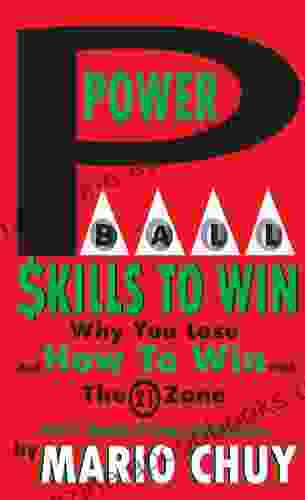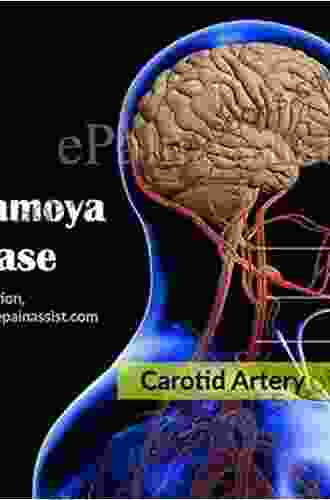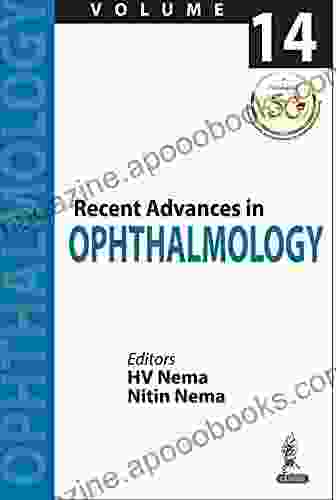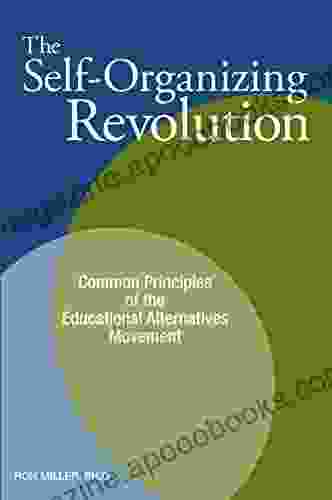Unveiling the Common Principles of Educational Alternatives: A Comprehensive Guide to Transformative Pedagogies

In an era marked by rapid societal transformations and the relentless pursuit of academic excellence, the Educational Alternatives Movement has emerged as a beacon of hope, offering innovative pedagogical approaches that challenge traditional educational norms. This comprehensive article delves into the common principles that underpin this movement, providing a foundational understanding of the shared values, beliefs, and practices that guide alternative educational paradigms. By exploring these principles, educators and parents alike can gain insights into the transformative potential of alternative education and empower themselves to implement these innovative approaches in their own contexts.
Foundational Principles
1. Learner-Centeredness
At the heart of alternative education lies the unwavering belief in the central role of the learner. These pedagogies recognize that each child possesses unique strengths, interests, and learning styles. Rather than imposing a standardized curriculum, alternative educators tailor their teaching methodologies to meet the individual needs of every student, fostering a supportive and inclusive learning environment where every voice is valued.
5 out of 5
| Language | : | English |
| File size | : | 396 KB |
| Text-to-Speech | : | Enabled |
| Screen Reader | : | Supported |
| Enhanced typesetting | : | Enabled |
| Word Wise | : | Enabled |
| Print length | : | 112 pages |
| Lending | : | Enabled |

2. Experiential Learning
Alternative education emphasizes the importance of hands-on, experiential learning that engages all the senses and promotes deep understanding. Students are encouraged to actively participate in their own learning process through real-world projects, investigations, and exploration. By immersing students in practical experiences, alternative educators aim to cultivate lifelong learners who are equipped with the critical thinking and problem-solving skills necessary to thrive in the 21st century.

3. Holistic Development
Recognizing that education encompasses more than academic knowledge alone, alternative pedagogies strive to nurture the whole child. They promote the development of social, emotional, physical, and creative capacities, believing that a well-rounded education empowers individuals to lead fulfilling and meaningful lives. By fostering a sense of community and collaboration, alternative schools cultivate responsible and compassionate citizens who are equipped to make positive contributions to society.

4. Respect for Diversity
Alternative education embraces and celebrates diversity in all its forms. Educators in these settings strive to create inclusive learning environments that value and respect the unique perspectives, cultures, and backgrounds of all students. By recognizing the richness that diversity brings to the learning process, alternative pedagogies foster a sense of belonging and empowerment, ensuring that every individual feels valued and respected.

5. Community Involvement
Alternative schools recognize the vital role of the community in shaping the educational experience. They foster strong partnerships with parents, community organizations, and local businesses to create a supportive and enriching learning environment. By involving the community in the educational process, alternative educators bridge the gap between the school and the outside world, preparing students to become active and engaged members of their communities.

The Educational Alternatives Movement offers a transformative vision of education, one that is rooted in the principles of learner-centeredness, experiential learning, holistic development, respect for diversity, and community involvement. By embracing these principles, alternative educators create empowering learning environments that foster critical thinking, creativity, collaboration, and a deep love of learning. This comprehensive article has provided an in-depth exploration of the common principles that shape this movement, empowering readers to understand and implement these innovative approaches in their own contexts. As we navigate the ever-changing educational landscape, the Educational Alternatives Movement serves as a beacon of hope, inspiring educators and parents alike to embrace transformative pedagogies that empower all students to reach their full potential and thrive in a rapidly evolving world.
5 out of 5
| Language | : | English |
| File size | : | 396 KB |
| Text-to-Speech | : | Enabled |
| Screen Reader | : | Supported |
| Enhanced typesetting | : | Enabled |
| Word Wise | : | Enabled |
| Print length | : | 112 pages |
| Lending | : | Enabled |
Do you want to contribute by writing guest posts on this blog?
Please contact us and send us a resume of previous articles that you have written.
 Book
Book Novel
Novel Page
Page Chapter
Chapter Text
Text Story
Story Genre
Genre Reader
Reader Library
Library Paperback
Paperback E-book
E-book Magazine
Magazine Newspaper
Newspaper Paragraph
Paragraph Sentence
Sentence Bookmark
Bookmark Shelf
Shelf Glossary
Glossary Bibliography
Bibliography Foreword
Foreword Preface
Preface Synopsis
Synopsis Annotation
Annotation Footnote
Footnote Manuscript
Manuscript Scroll
Scroll Codex
Codex Tome
Tome Bestseller
Bestseller Classics
Classics Library card
Library card Narrative
Narrative Biography
Biography Autobiography
Autobiography Memoir
Memoir Reference
Reference Encyclopedia
Encyclopedia Humberto Tito Gutierrez
Humberto Tito Gutierrez Jamie M Samland
Jamie M Samland Henri Michaux
Henri Michaux Thomas Fleming
Thomas Fleming Robert Mitchell
Robert Mitchell Saad Islam
Saad Islam Herbie Raad
Herbie Raad Henning Hildmann
Henning Hildmann Herbert Warren Wind
Herbert Warren Wind Robert J Volpe
Robert J Volpe Revd Dr Trevor John Higley
Revd Dr Trevor John Higley Nalo Hopkinson
Nalo Hopkinson Ivan Luciani
Ivan Luciani T E Lawrence
T E Lawrence Li Sui Gwee
Li Sui Gwee Frank Fischer
Frank Fischer John Corbett
John Corbett Hayley Shaver
Hayley Shaver Iceberg Slim
Iceberg Slim Victor Canning
Victor Canning
Light bulbAdvertise smarter! Our strategic ad space ensures maximum exposure. Reserve your spot today!

 Dennis HayesUnlock the Power of Finance with Statistics: Dive into Statistics for Finance
Dennis HayesUnlock the Power of Finance with Statistics: Dive into Statistics for Finance
 Oscar BellJourney into the Enchanting Realm of The Adventures Of Brazilian In The Land...
Oscar BellJourney into the Enchanting Realm of The Adventures Of Brazilian In The Land... John MiltonFollow ·13.5k
John MiltonFollow ·13.5k Pete BlairFollow ·13.6k
Pete BlairFollow ·13.6k Aron CoxFollow ·12.5k
Aron CoxFollow ·12.5k Luke BlairFollow ·13.9k
Luke BlairFollow ·13.9k Dillon HayesFollow ·3.6k
Dillon HayesFollow ·3.6k Devon MitchellFollow ·13.6k
Devon MitchellFollow ·13.6k Billy PetersonFollow ·7.8k
Billy PetersonFollow ·7.8k Steve CarterFollow ·9.3k
Steve CarterFollow ·9.3k

 Stanley Bell
Stanley BellUnlock the Secrets of Powerball Success: Master the...
Prepare to shatter the odds and transform...

 Ernest J. Gaines
Ernest J. GainesPatti Smith Horses 33 55: A Photographic Journey into a...
Journey into the raw and...

 Isaiah Price
Isaiah PriceMoyamoya Disease Diagnosis And Treatment: A Comprehensive...
Moyamoya Disease...

 Joseph Foster
Joseph FosterRecent Advances in Ophthalmology, Volume 14
Editor: [Editor's...
5 out of 5
| Language | : | English |
| File size | : | 396 KB |
| Text-to-Speech | : | Enabled |
| Screen Reader | : | Supported |
| Enhanced typesetting | : | Enabled |
| Word Wise | : | Enabled |
| Print length | : | 112 pages |
| Lending | : | Enabled |












